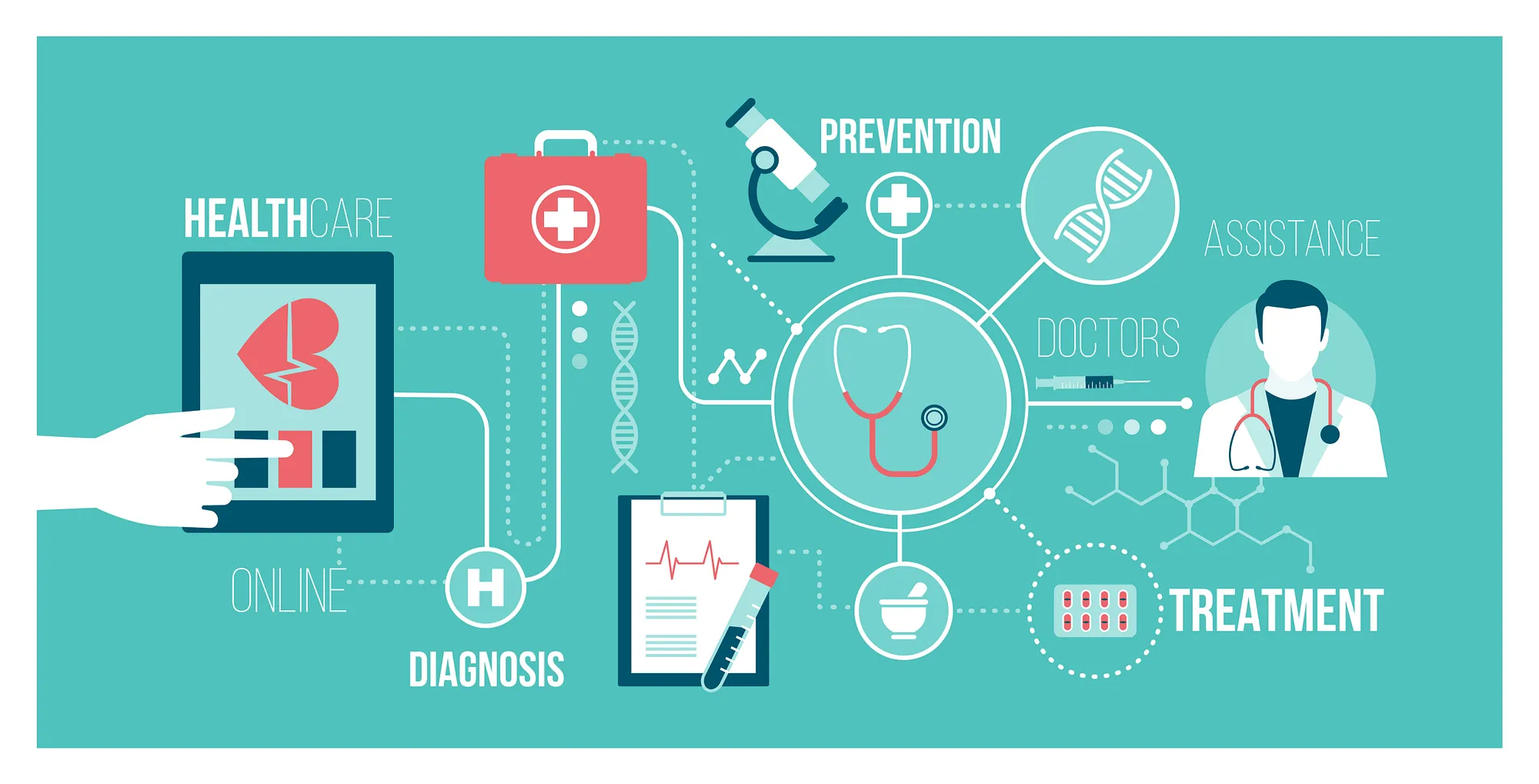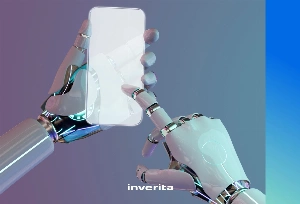Pocket-size ultrasound devices that are 100 times cheaper compared to machines in hospitals. Virtual reality that declines pain level after surgery. Artificial intelligence applications that can detect cancer at its earliest stages. These are just some of the innovations that are currently transforming the healthcare industry.
Artificial Intelligence and Machine Learning
Artificial Intelligence is rewiring the traditional concept of healthcare delivery at hyper-speed. According to Accenture, the growth of AI implementation is already accelerating, by 2026 it has been estimated to reach $150 billion which is a compound annual growth rate of 70% compared to $600 million in 2014.
In the healthcare industry, Artificial Intelligence represents an umbrella term that unites a range of technologies, enabling machines to sense, comprehend, act and learn. Presenting opportunities across a variety of therapy areas, diagnostics, wearables, and virtual assistants, AI helps healthcare organizations meet the increasing demand for interoperability and digital expectations from customers.
One of the most common forms of Artificial intelligence, machine learning, enables decision-making by processing and finding patterns in big data sets. It consists of algorithms that are used to learn from data independently without human intervention.
- Diagnostics and medical imaging
In 2015, medical error and misdiagnosing accounted for 10% of all US deaths. Over the past couple of years, AI has substantially expanded in the fields of diagnostics and medical imaging, enabling medical researchers and doctors to deliver flawless clinical practice. Speeding up standardization and quantification, deep learning not only helps to prevent errors and improve test outcomes, it also improves the assessment in medical imaging to detect malignancy and Diabetic Retinopathy (DR).
Enlitic, the 5th smartest AI company in the world, develops deep learning medical tools to streamline radiology diagnosis. Through analyzing unstructured medical data such as radiology images, EKGs, blood tests, etc, the platform gives doctors better insights into a patient’s current state.
The healthcare industry operates vast volumes of patient records. Using machine learning tools to store and analyze this data, healthcare providers can address a large number of diseases before their occurrence. Currently, data mining is used for the development of early detection systems.
Freenome leverages AI in screening, blood work, and diagnostic tests to examine for cancer. This allows it to detect cancer in its earliest stages and afterward develop new treatments.
- Surgery and emergency room
Da Vinci Surgery System, developed 15 years ago, was the first surgical robot approved by the FDA for general laparoscopic surgery. Since then, a big number of AI and ML-powered surgical robots have been introduced. Cognitive robotics is able to integrate pre-operation medical records with real-time operating metrics to guide and improve doctor’s instrument precision.
With advanced medical cognitive and NLP capabilities, IBM Watson is able to respond to surgeon’s queries. Such AI-powered platforms can monitor blood in real-time, provide navigating support in arthroscopy and open surgery, and detect physical responses to pain.








